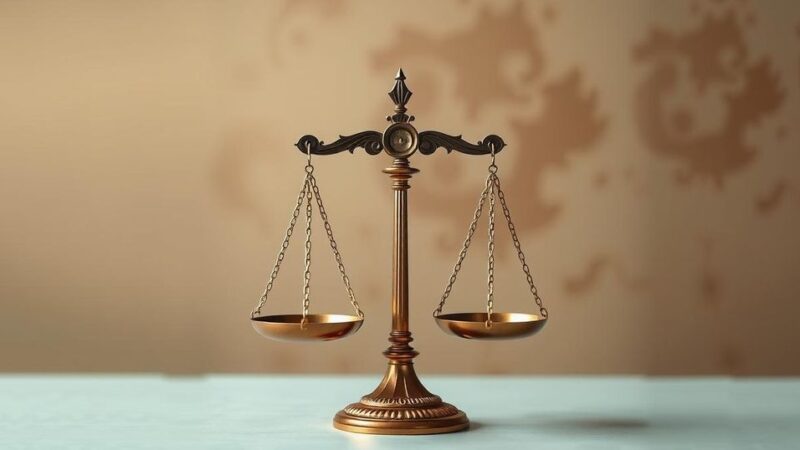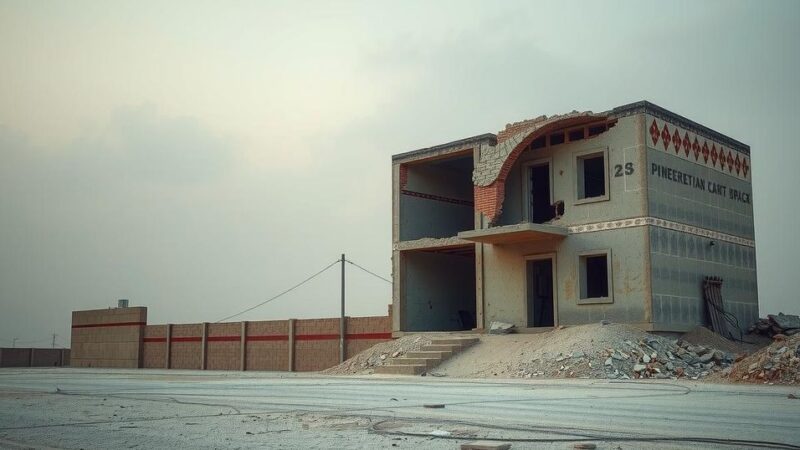United Nations special rapporteur Irene Khan has accused Western nations, particularly in Europe and the United States, of violating freedom of speech amid the Gaza conflict. Her report details the crackdown on pro-Palestinian protests, the selective enforcement of protest rights, and the targeted assassinations of journalists. These developments raise significant concerns regarding the state of free expression and highlight the need for accountability in light of recent hostilities.
In a recent statement, United Nations special rapporteur Irene Khan has raised serious concerns regarding freedom of speech violations connected to the Gaza conflict. According to her findings, the repercussions of the conflict have extended beyond its borders, leading to widespread crackdowns on protests supporting Palestine, especially in Western democracies. Khan emphasized that such actions severely threaten the right to freedom of expression, with specific reference to the harsh repression of protests on U.S. university campuses. She denounced these actions for their disproportionate targeting of pro-Palestinian demonstrations while highlighting that similar restrictions have not been imposed on pro-Israeli gatherings. In Europe, she noted the imposition of a ban on pro-Palestinian demonstrations in Germany and a similar, albeit unsuccessful, attempt in France, while other nations, such as Belgium and Canada, employ case-by-case assessments regarding protest permissions. Furthermore, Khan condemned the targeted violence against journalists, including killings and the destruction of press facilities, highlighting the impunity that has allowed such acts to persist. She argued that these steps appear to be an orchestrated effort by Israeli authorities to suppress critical journalism and obstruct the documentation of potential international crimes related to the conflict. The context of these allegations is rooted in the historical and ongoing hostilities that escalated after Hamas orchestrated a deadly attack on Israel on October 7, 2023. This attack led to a significant death toll, particularly among civilians, and has ongoing implications for both the region’s stability and the international discourse surrounding human rights and freedoms related to the conflict.
The ongoing conflict in Gaza, which intensified in October 2023, has prompted severe scrutiny regarding the implications for human rights and freedom of expression. As military actions escalated, international responses have varied, with significant restrictions on protests and expressions of solidarity for Palestinians being documented in democratic nations. UN rapporteur Irene Khan’s report highlights the tensions that arise when state security measures intersect with civil liberties, prompting calls for a reassessment of how such tensions are managed. The conflict’s exacerbation of existing issues facing journalists and media workers has also drawn global attention, raising questions about accountability and the protection of press freedoms in conflict zones.
The statements made by UN expert Irene Khan spotlight critical issues regarding freedom of expression amidst the Gaza conflict. She outlined how Western nations, including the United States and various European countries, have enforced measures that disproportionately affect pro-Palestinian protests, thus undermining democratic principles related to free speech. Khan’s condemnation extends to violence against journalists in conflict areas, underscoring the urgent need for international accountability and protection for media professionals. As the situation evolves, continuous attention to these rights is essential.
Original Source: jordantimes.com






